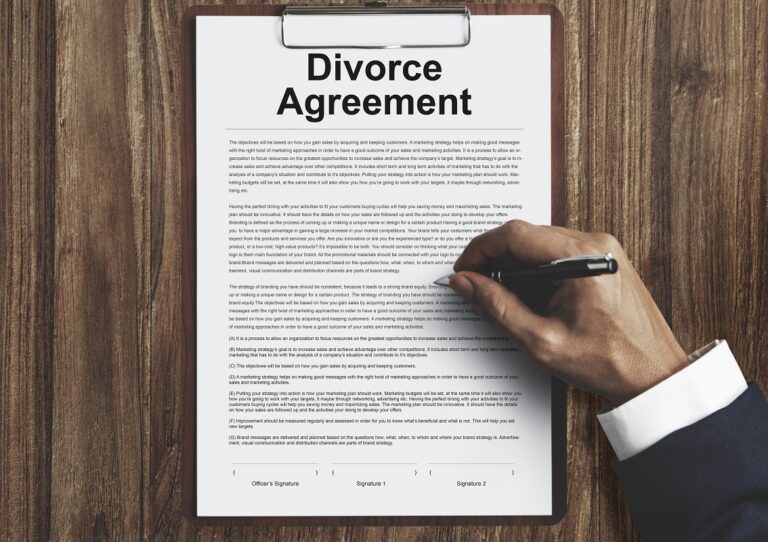- Legal advocacy, education about rights, and access to legal services are vital measures to empower seniors and safeguard their dignity and rights.
- Financial literacy equips seniors with the knowledge to manage their finances effectively and avoid scams, fostering their independence.
- Community support is essential for seniors’ access to necessary resources, assistance, and active social life, reducing feelings of isolation.
- Establishing a Power of Attorney is crucial in protecting seniors’ interests, especially when they cannot decide for themselves.
You may wonder, what means can we employ to safeguard the dignity and rights of our seniors? The answer lies in empowering them through legal advocacy. Legal advocacy gives seniors the tools to understand and assert their rights, enabling them to make informed decisions about their health, finances, and overall well-being. It’s a proactive approach to ensure their golden years are spent with dignity and respect they deserve.
Education about Rights
A fundamental step towards empowering seniors is educating them about their rights; ensuring they are aware of their legal entitlements and the protections in place for their benefit. Here are some tips:
Preventing Financial Abuse
Elder financial abuse is a prevalent and serious issue that often goes unnoticed. It involves unauthorized, illegal use of a senior’s financial resources. To guard against this, an elder financial abuse attorney can immensely help.
Possessing in-depth knowledge in the field, these attorneys can guide seniors through the complex legal landscape, helping them understand their rights and potential threats to their financial security. They can assist in setting up preventive measures like drafting a power of attorney documents, trusts, and wills.
In cases where financial abuse has already occurred, these attorneys can assist in recovering assets and legal prosecution of perpetrators. With their specialized skills and empathetic approach, elder financial abuse attorneys can be instrumental in safeguarding seniors’ financial health, ensuring they can live their later years with the dignity, respect, and peace they so rightfully deserve.
Access to Legal Services
Access to legal services is a pivotal aspect of seniors’ empowerment. Without proper legal guidance and representation, seniors may find themselves vulnerable to various forms of exploitation and abuse. Legal services ensure seniors are informed about their rights and the laws protecting them.
These services can include drafting legal documents, providing counsel on housing and health insurance issues, and representing seniors in court in cases of abuse or fraud. Furthermore, legal professionals can help seniors navigate the complexities of government benefits, ensuring they receive the support they are entitled to.
Legal services can also offer mediation and dispute resolution, helping to prevent and address potential conflicts before they escalate. By providing seniors with comprehensive legal support, we can fortify their autonomy and dignity, supporting them to live their twilight years with confidence and security.
Legal Clinics
Legal clinics provide a vital resource for senior citizens, offering free or low-cost legal advice and services. These clinics, often affiliated with law schools, serve dual purposes: they provide practical training for law students and crucial services for those who cannot afford traditional legal representation.
These clinics cover various issues for seniors, from healthcare and Medicare disputes to housing rights and elder abuse cases. They also play a crucial role in educating seniors about their rights, helping them better understand legal documents and procedures.
Furthermore, they offer an environment of empathy and respect, where seniors can voice their concerns freely. The existence and work of these clinics embody a community’s commitment to protecting and upholding the rights of its senior members, ensuring their voices are heard, their rights protected, and their dignity maintained.
Financial Literacy

Financial literacy is a critical tool for seniors to maintain control over their economic well-being. It empowers them to understand and manage their finances effectively, from daily budgeting to long-term investment planning. Knowledge in this area helps seniors avoid scams and fraud, frequently targeting older populations due to perceived vulnerability.
Furthermore, financial literacy education can aid seniors in understanding complex financial documents or contracts, reducing the risk of exploitation. This education can also provide key insights on maximizing their benefits from social security, pensions, and retirement funds.
Community Support
Community support plays an essential role in empowering seniors and safeguarding their rights. Through the collective efforts of a community, seniors can access necessary resources, receive assistance with day-to-day activities, and maintain an active, enriching social life.
Community organizations can offer various services, from home care and meal deliveries to recreational programs and social events, all aimed at enhancing the quality of life of seniors. Moreover, community involvement can help reduce feelings of isolation, a common issue among the elderly.
It’s also within communities that advocacy for seniors’ rights can be most effectively promoted, through awareness campaigns or community-based legal services. Therefore, fostering a supportive, engaged community is key to ensuring our seniors live their golden years with dignity, respect, and joy.
Establishment of Power of Attorney

Establishing a power of attorney (POA) is a significant step in ensuring the rights and interests of seniors are protected, especially when they cannot make decisions for themselves. A Power of Attorney (POA) is a powerful legal document that enables an individual, known as the principal, to grant decision-making authority to another person, referred to as the agent.
This authority encompasses the management of various personal matters, such as finances, legal affairs, and healthcare decisions. The POA ensures seamless administration of the principal’s affairs while upholding their intentions and best interests. It’s crucial to have this document in place before an individual becomes incapacitated due to illness or cognitive decline.
By establishing a POA, seniors can have peace of mind knowing that their chosen representative will make decisions in their best interests, respecting their wishes and preserving their dignity. Furthermore, a POA reduces family disputes and provides legal protection against potential exploitation or abuse. Therefore, it is a key tool in securing our seniors’ safe, respectful, and dignified future.
In conclusion, it is crucial for us as a society to take responsibility for safeguarding the rights and dignity of our seniors. Start today by educating yourself and the seniors around you about their rights, get involved in community initiatives supporting seniors, and consider consulting with a legal professional to understand more about establishing power of attorney.


